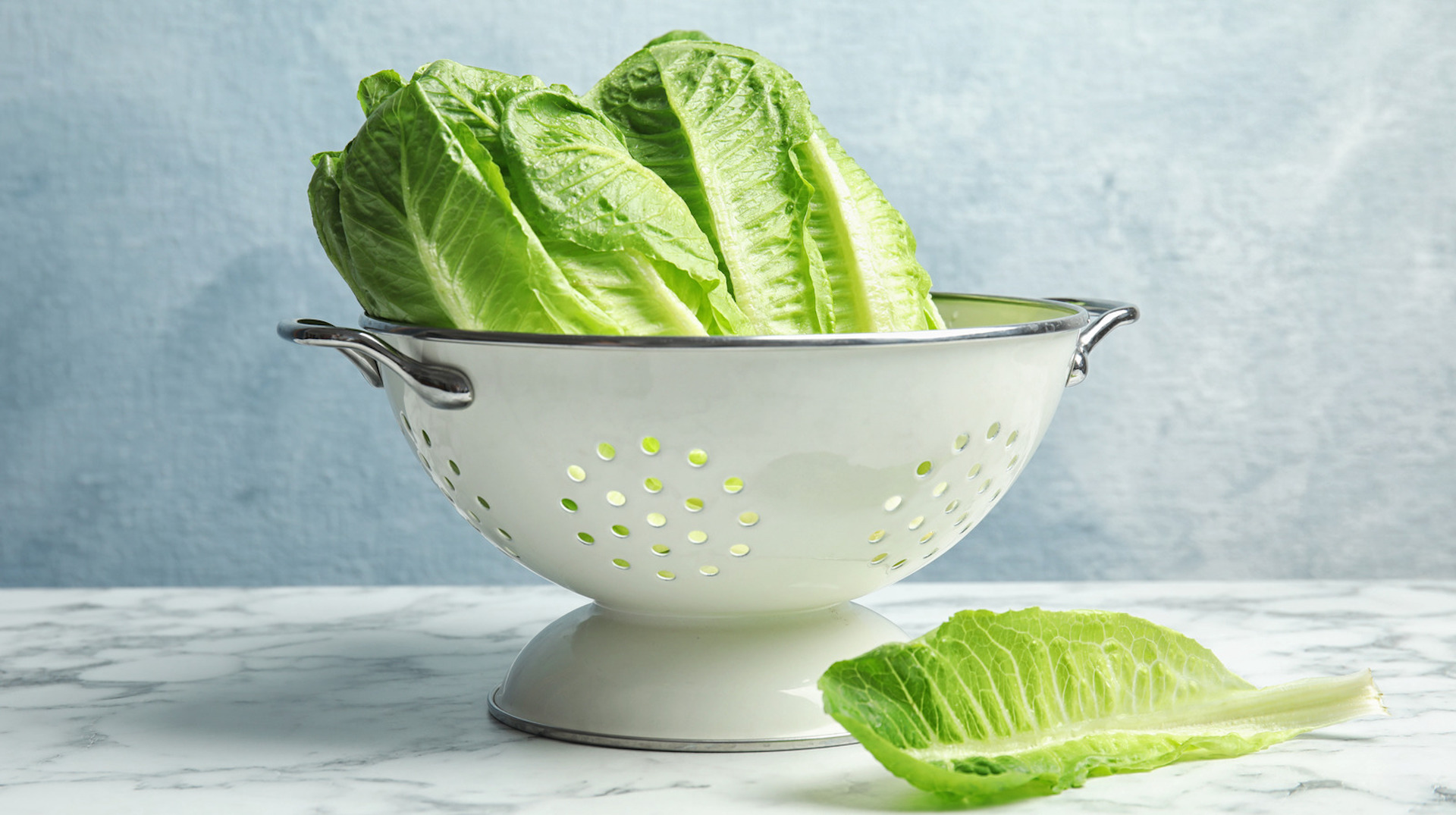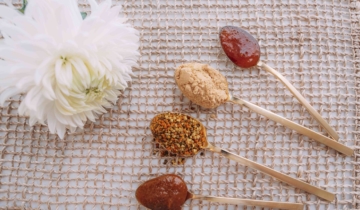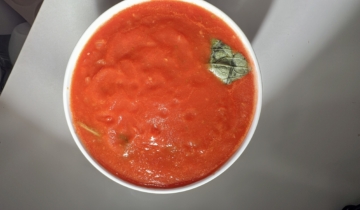Is lettuce water the cure to insomnia as TikTok suggests?
You have probably encountered multiple food and nutrition trends if you have been using the TikTok application lately. Many times, TikTok users are trying out those trends and are swearing on their success. The latest being the use of lettuce water to prevent insomnia. Lettuce water is made when one boils water, pours it over romaine lettuce and then drinks the water once it’s cooled a bit. If you are wondering if lettuce could be the new herbal tea to aid with sleeping, here is our dietetic intern trying to find the truth of this matter.
As many are more interested in the medicinal effect of food as opposed to medications, many are looking at ways to improve their life quality, including the quality of their sleep using nutrition.
But does lettuce water really help with sleep?
No studies published have shown that steeping lettuce or eating lettuce that you buy from grocery stores can help with sleeping. But it is understandable why some people might think it does.
The seed oil of romaine lettuce (Lactuca sativa L.) was used in folk medicine long ago as a sleeping aid and a sedative when combined with other ingredients like opium. Today, local herbal shops in Iran continue to provide lettuce seeds to pregnant women to treat insomnia as part of their belief in Traditional Persian Medicine (TPM). In addition, researchers have found that some molecules in lettuce extract act as a sedative and pain reliever in mice. Those molecules are known as lactucopicrin and lactucin, found in romaine lettuce extract, and are studied for their properties of inducing and prolonging sleep.
But what made lettuce water trendy today?
This new TikTok trend could stem from the new study published in 2017 that you see some have mentioned in their videos. Researchers in this study have found that after young mice were fed a mix of sedative (phenobarbital) and a concentrated extract from lettuce seed and leaves, those mice slept 20 minutes longer than those who were only given the sedative.
However, many limitations exist for this study. The concentrated lettuce extract was tested alongside a sedative, which is not the same as only drinking the lettuce water. Also, the lettuce extract from seed and leaves is much more potent in molecules than just drinking steeped lettuce. Finally, mice are not human, so what works in mice does not mean it will always translate to humans.
Could drinking lettuce water be dangerous?
Assuming that you are washing your lettuce well and that your lettuce is not harbouring any salmonella or other microbes, placing your lettuce in boiling water is less likely to cause harm. The only thing you might need to consider is drinking a large amount of fluid before going to sleep. This might make you have frequent trips to the bathroom at night, which can be disruptive to your sleep and counterproductive in general.
Then why are some finding this practice useful?
This could be a placebo effect. In fact, many studies have looked at the role of placebo medication vs no treatment on improving insomnia symptoms. It has been shown consistently that getting any placebo might help in most insomnia symptoms, such as how quickly you fall asleep, your total sleep time and your sleep quality. So, after all, this might be a reason why many are finding drinking lettuce water useful.
Then what can I do to improve my sleep?
You need to make adjustments during your whole day and not just at night to improve your sleep. Your diet, environment and general well-being all have an impact on your sleep.
You can start by enjoying more wholesome meals, limiting refined carbohydrates and sugar, eating more fruits and vegetables, and avoiding caffeine after 2 pm. Other changes could include getting regular exercise, a good sleep routine and avoiding electronics before bed.
What if my sleep is not getting better with all changes?
Poor sleep can sometimes be linked to certain medical conditions. If poor sleep is a consistent issue in your life, see a healthcare provider to help you out.
Article contributed by OpenSpace Clinic
Références:
Kiefer, D. (2019). Lettuce for Sleep? Maybe, but Not in Salad Form. Integrative Medicine Alert, 22(2).
Kim, H. D., Hong, K. B., Noh, D. O., & Suh, H. J. (2017). Sleep-inducing effect of lettuce (Lactuca sativa) varieties on pentobarbital-induced sleep. Food science and biotechnology, 26(3), 807-814.
Yeung, V., Sharpe, L., Glozier, N., Hackett, M. L., & Colagiuri, B. (2018). A systematic review and meta-analysis of placebo versus no treatment for insomnia symptoms. Sleep medicine reviews, 38, 17-27.
10 tips to beat insomnia. (2021). Retrieved 10 September 2021, from https://www.nhs.uk/live-well/sleep-and-tiredness/10-tips-to-beat-insomnia/
Feature image via Pinterest





 No products in the cart.
No products in the cart.